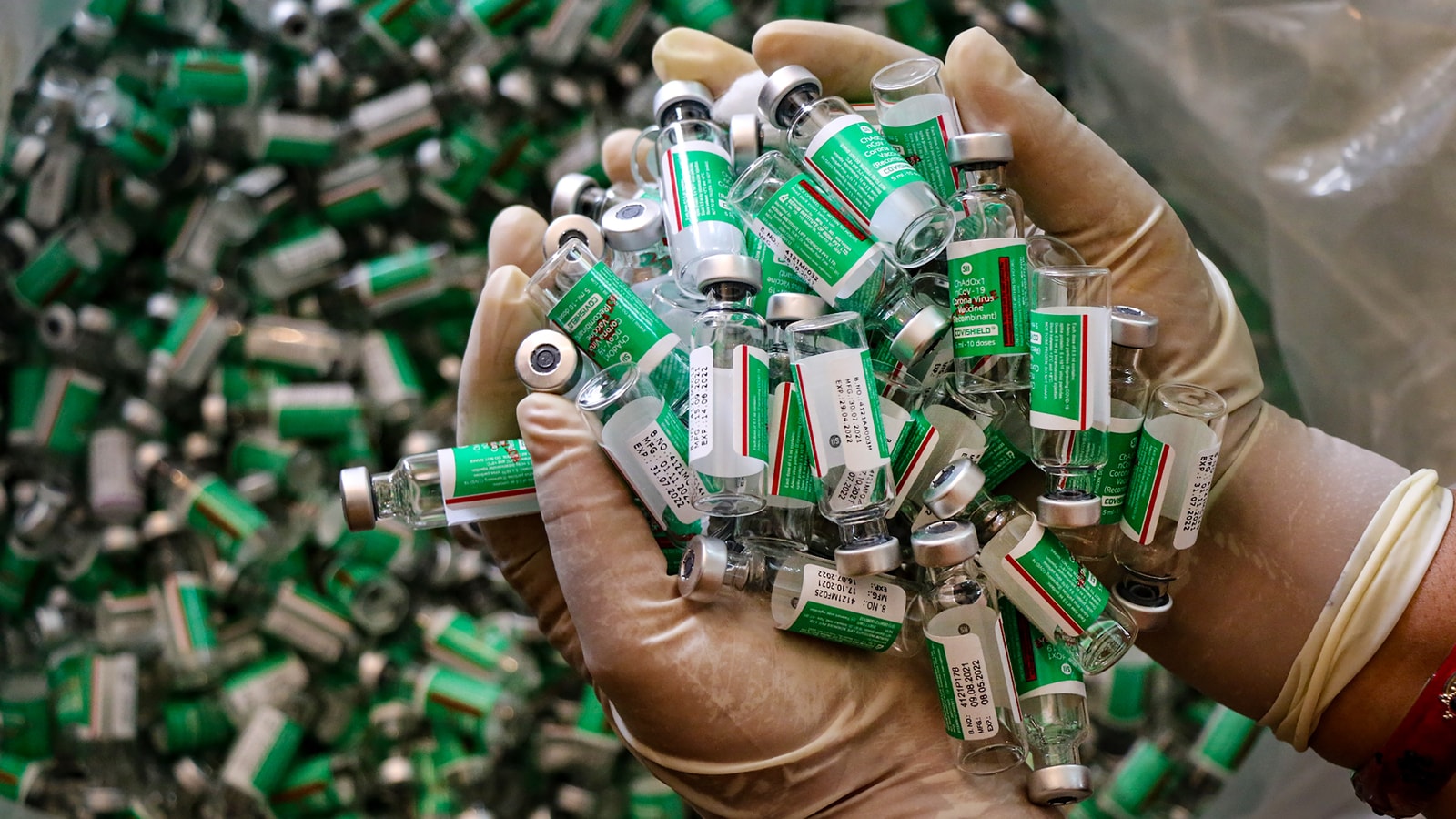Rising temperatures will force workers to stay indoors, poses $200 bn risk to India's…
Climate change poses a USD 200 billion risk to the Indian GDP by 2030, as the rise in temperatures reduces the number of hours of outdoor work, a report said on Wednesday. This will be because the number of daylight hours during which outdoor work is unsafe will increase approximately 15 per cent by 2030 as compared to the present levels, the report by McKinsey Global Institute (MGI) said.
As of 2017, heat-exposed work contributes nearly half of the GDP, drives about 30 per cent of GDP growth, and employs about 75 per cent of the labour force or some 380 million people.
“…lost labour hours due to increasing heat and humidity could put approximately 2.5–4.5 per cent of GDP at risk by 2030, equivalent to roughly USD 150–250 billion,” it estimated.
Without targeted adaptation action, around 160-200 million people in India could annually bear a 5 per cent chance of being exposed to a lethal heat wave as early as 2030, it warned.
As a mitigation strategy, India will have to shift working hours for outdoor workers, undertake heat management efforts in the cities, and also consider movement of labour and capital out of high-risk areas, it said.
Adaptation will be “particularly challenging” for the urban poor, who will likely require public support, it said, estimating that capital costs of USD 110 billion will be required by 2030 to provide air-conditioning alone. Apart from the heat impact on the workforce, vagaries in the climate can up the likelihood of a massive ten per cent reduction in yields on crops like rice, corn, wheat and soy, it said.
“Indian agriculture may be hit not only by lost hours from extreme heat and humidity but by potential yield declines as well,” it said.
“We examined the probability of a yield decline or improvement of greater than 10 per cent for today, 2030, and 2050. We find that certain countries are more exposed than others because of their climatic conditions and composition of crops, with India being the most vulnerable,” it said.
Climate risks will not necessarily reduce agricultural yields for some breadbaskets or crops, but they will likely increase production volatility and end up destabilizing farmers’ incomes, it said, adding that while oversupply can affect through lower prices, undersupply can lead to food shortages and price spikes.
Its partner Suvojoy Sengupta said policies need to be designed to mitigate the impact of climate change and most of Indian response, barring a few exceptions, lacks the effort at present.
Given the fact that India is building infrastructure projects like airports, roads and transmission lines, there is an “urgent need” to keep the likely impact of climate change in mind, he said.
Sengupta said given the changes in rainfall, with some years experiencing higher rainfall, already existing hydel power stations have started checking if the dams can hold the additional water and what is the risk posed to the structures because of the higher volume of water they may need to be holding.
There is also a need to accelerate the de-commissioning of coal-based power generation plants to reduce the carbon emissions, he said, pointing out to studies which say the cost of de-commissioning can be between USD 110-220 billion over the next decade.
(This story has been published from a wire agency feed without modifications to the text. Only the headline has been changed.)

